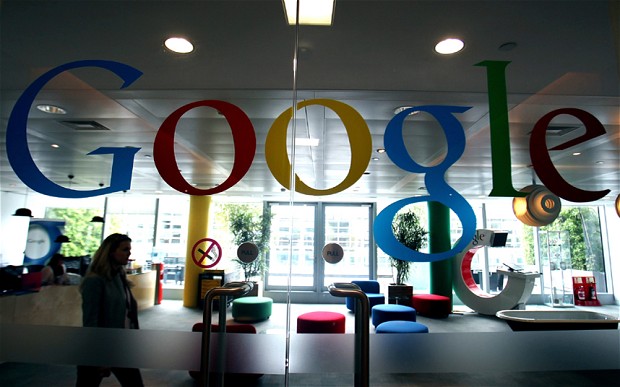Google has joined with SolarCity investing a fund of $300 million with an aim to facilitate various residential solar installations across the US.
According to a Reuters report, the companies have jointly established a $75million fund to cover the front cost of around 25,000 residential solar schemes in 14 states across the country.
The remaining $450 million will be raised through debt financing. This is the largest investment in renewable energy ever by Google.
SolarCity will use these funds to install solar panels in houses in 15 states and the owners will make a payment on a monthly basis to lease the panels from the company.
Otherwise, in the absence of any such initiative, each owner will have to spend $20,000 to $30,000 in advance to install a residential solar system.
This is the second time both companies are working on a joint venture. In 2011, along with Tesla Motors they started a $280 million fund to finance such projects.
This is the biggest investment for solar power generation in residential areas, according to SolarCity sources.
In another recent renewable energy initiative, Google partnered with NextEra Energy to power the Googleplex headquarters in Mountain View at California.
ALSO READ Google invests in $188 million Utah solar project
Beginning from 2016, Google will receive approximately 43 MW of wind energy according to a 20 year contract.
Last month, Google unveiled its plan to invest in two renewable energy projects worth more than $1.5 billion.
The first project, undertaken by the internet search firm consists of a $76 million investment in the Balko Wind project in Oklahoma.
The 300 MW wind farm will be developed by a consortium of companies including GE Capital, Merrill Lynch and Citi, in addition to Google.
Google’s total investment in renewable energy has surpassed the $1.5 billion mark.
Around one-third of the electricity generation in the US is on account of solar energy, which is expected to go up to 40 percent this year.
Sabeena Wahid
[email protected]

